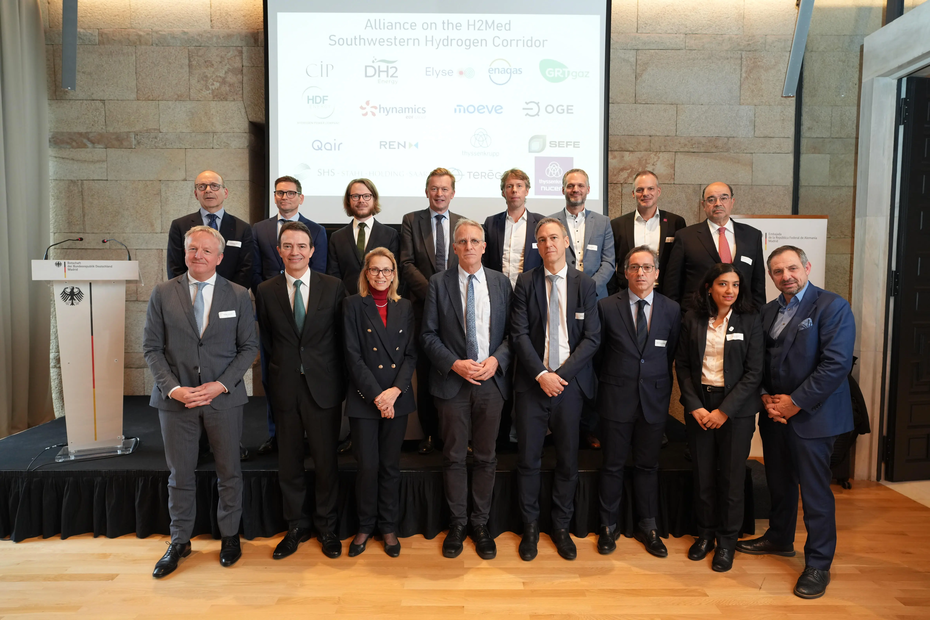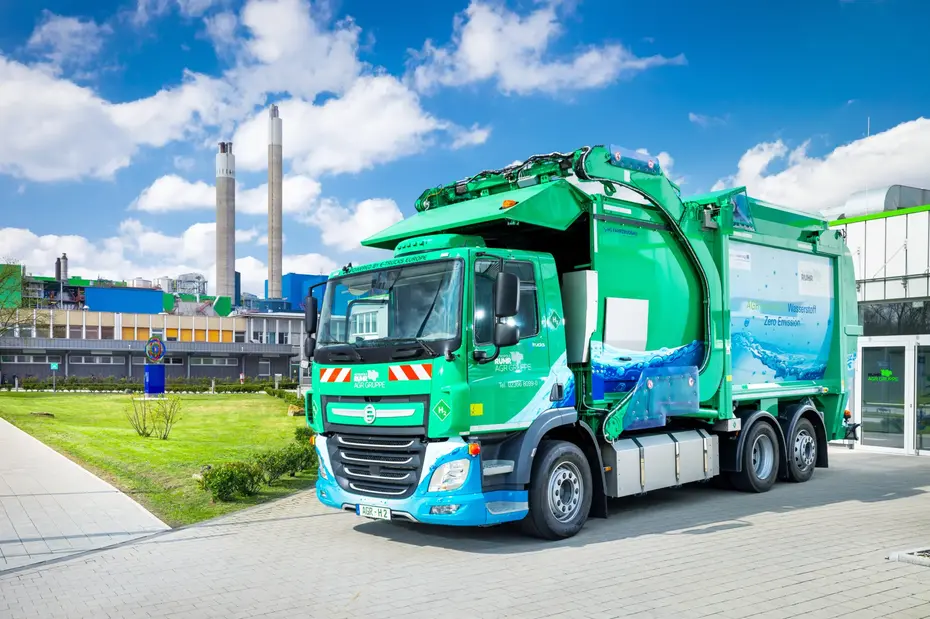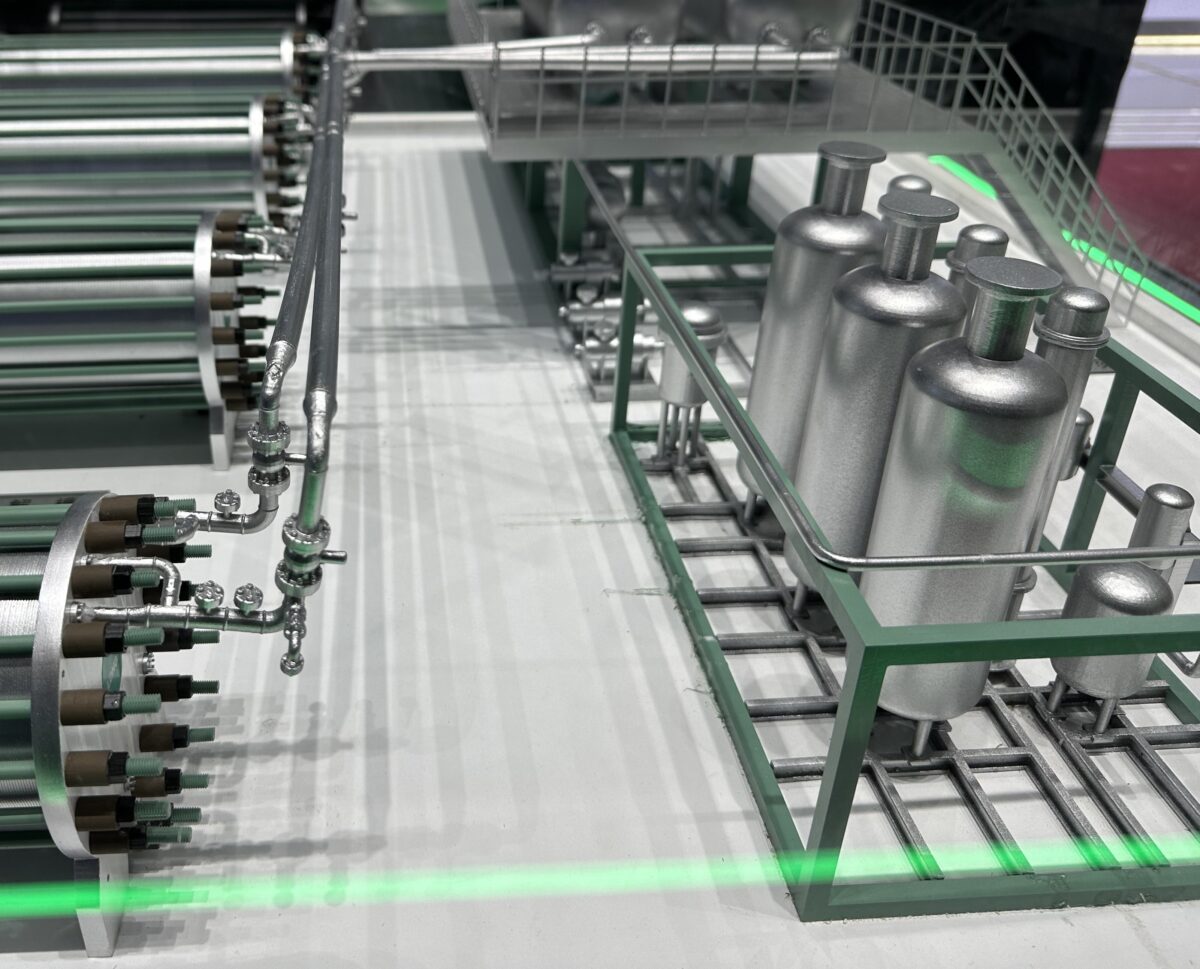
Harry Needle Railway Company (HNRC) has been using an Engine Carbon Clean system from Advanced Hydrogen Technologies (AHT) in a £500,000 ($633,600) project to produce hydrogen onboard trains.
The system is equipped to a train’s engine and uses auxiliary power to split water into hydrogen, which is then injected back into the engine.
As a result, HNRC says the hydrogen can remove carbon residue built up over time and also improve the engine’s efficiency.
The company also claims the system can reduce CO2 emissions on a diesel shunter by 8%, carbon monoxide by 27% and formaldehyde by 39%.
The firm is also trialling catalytic converters to convert compounds in the train’s emission into “safe gases”; fuel preheaters using waste energy from radiators to allow the diesel to be vapourised more effective; and vegetable oil-based diesel.
The project comes amid wider failures of purely hydrogen-powered rail projects in Europe. Last week German rail operator RMV said it would return to using diesel trains until the end of 2025 after its fleet of 14 Almost hydrogen trains were recalled.
RMV had also been forced back onto diesel during the summer after its supply for its hydrogen refuelling facilities was disrupted.
Marcus Mayers from HNRC, said the project could be paving the way to clean up and extend the life of existing trains in a bid to make emissions reductions more cost-effective.
“Electric vehicles currently account for only around 38% of capacity on the rail network, with the remainder being older diesel trains. Scrapping these existing vehicles and replacing them with new trains would be prohibitive in terms of cost and makes no sense in terms of sustainability,” he explained.

